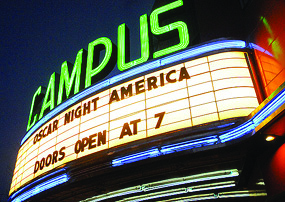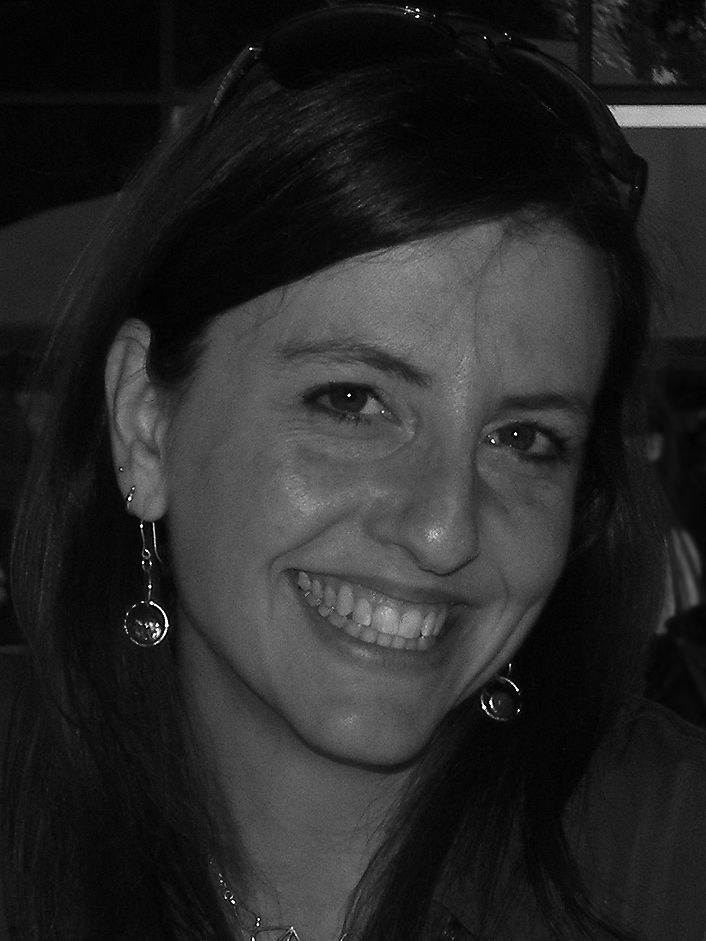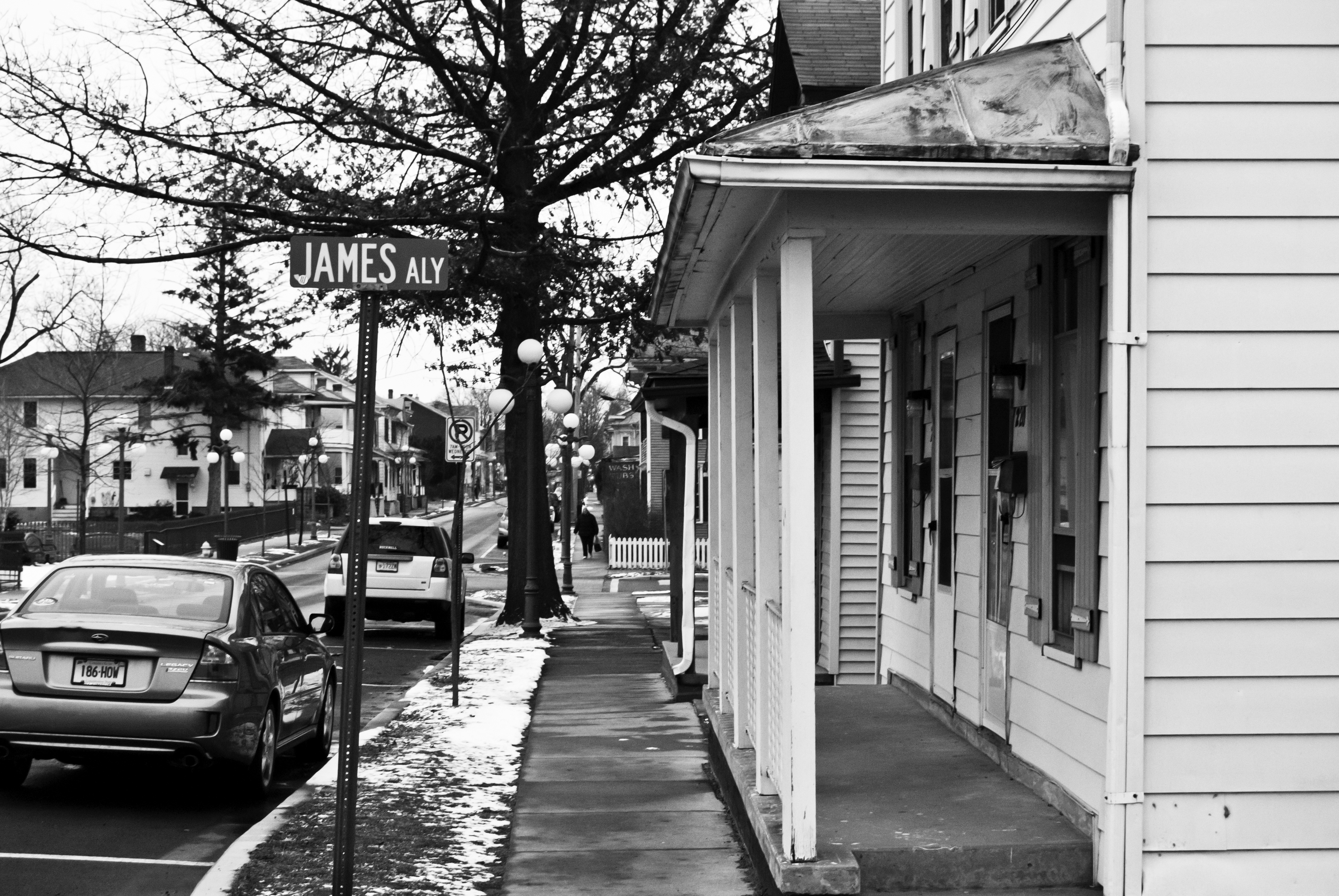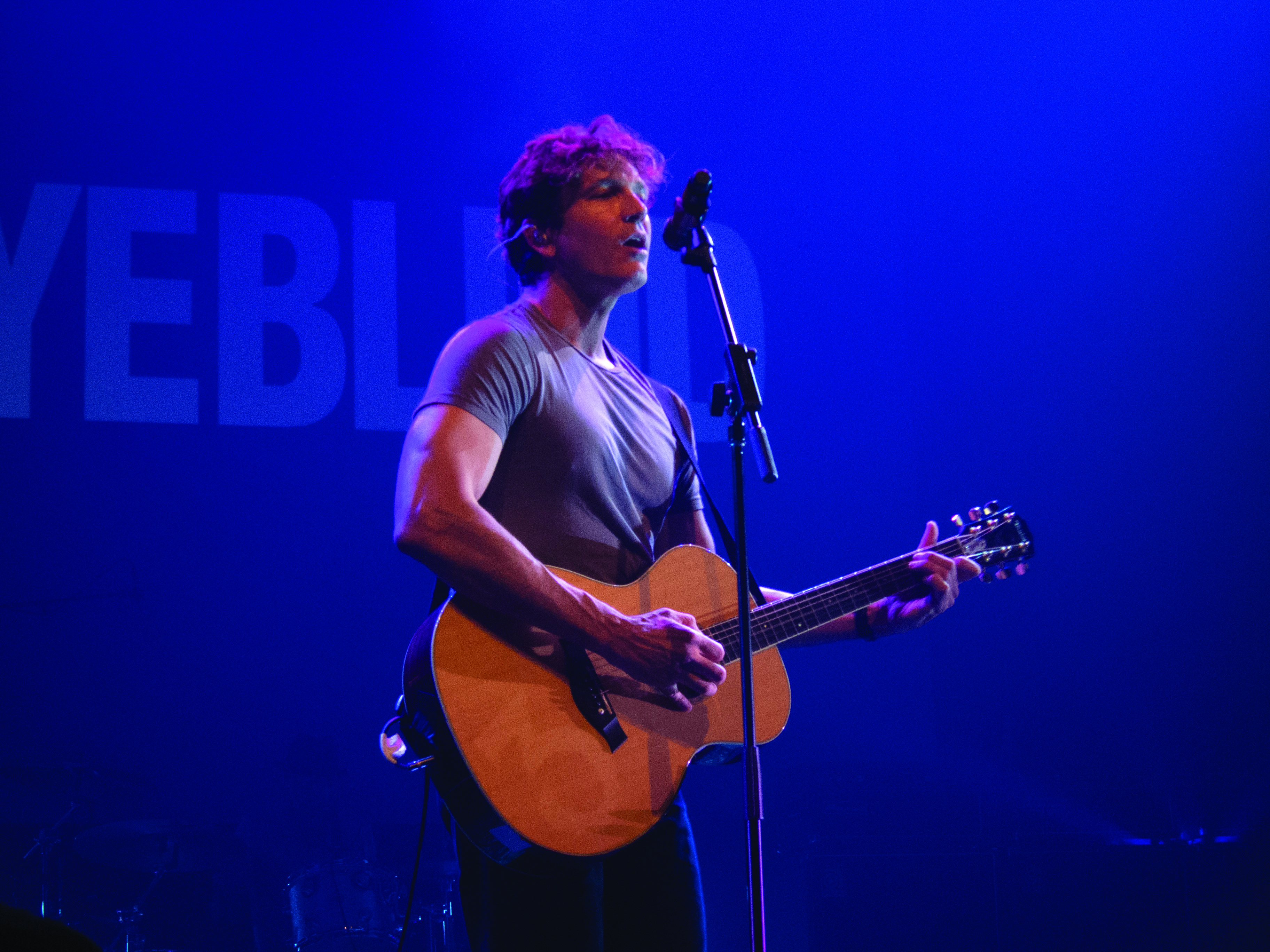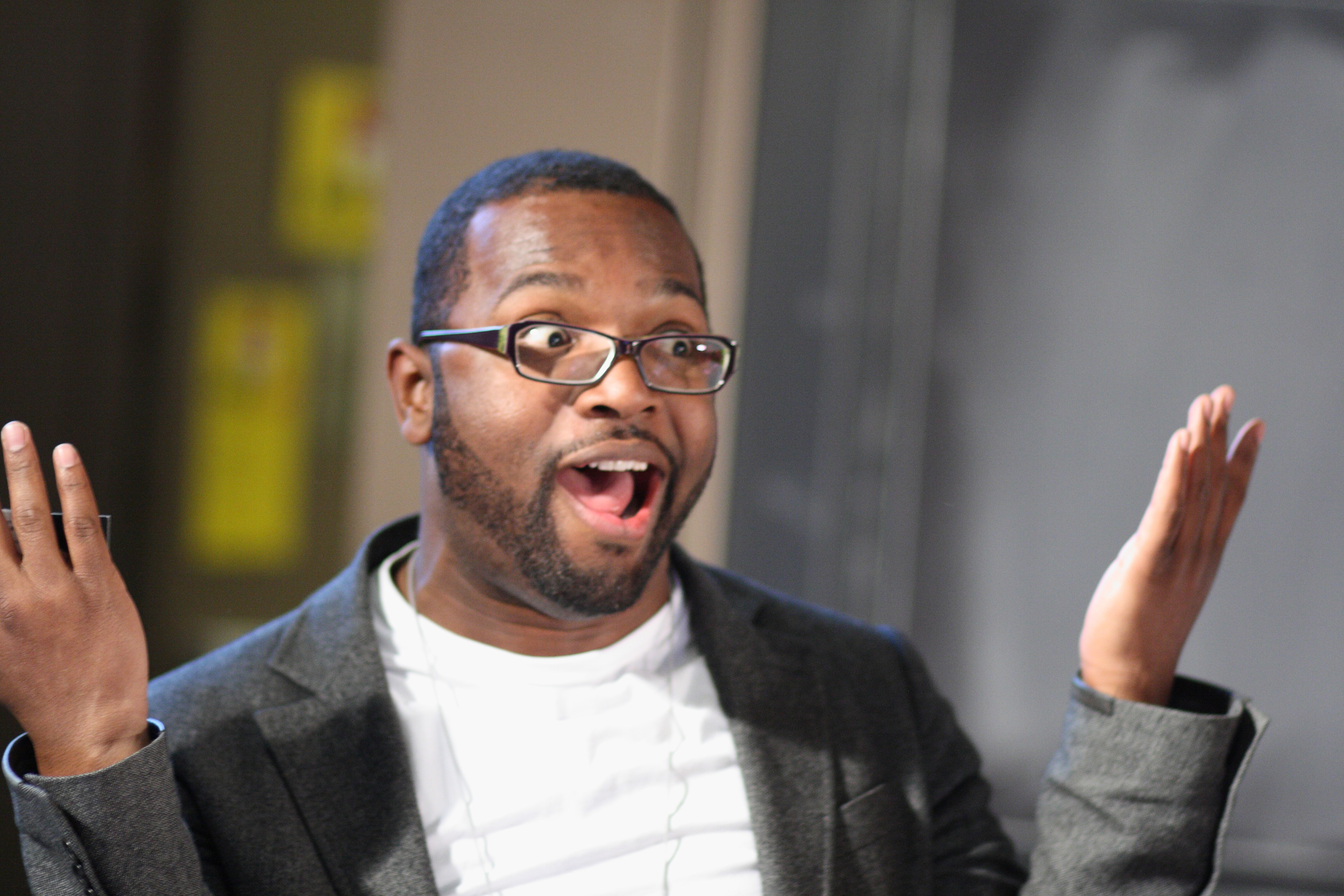Paige Bailey
Contributing Writer
President Obama’s State of the Union Address Signals Intense Political Debates Ahead
In his fifth State of the Union address on Feb. 12, President Barack Obama stated that there “is much progress to report.”
Obama said the “state of our union is stronger,” but urged Congress to move forward with his agenda in order to put the “nation’s interest” before individual party aims.
In the midst of a divided Congress, a recovering economy and continuing war in Afghanistan, Obama outlined a liberal policy vision for his second term. Although the Republican response may seem tepid, Obama hopes to garner bipartisan support on tax reform, immigration and gun control.
After the drawn out “fiscal cliff” negotiations, budgetary issues still loom large this year. Obama said that a “balanced approach” to tax reform is necessary to ensure economic growth. This “balanced” plan is a compromise between spending cuts and increased revenue. Obama explained that deficit cuts, supported by Republicans, need to be matched with tax increases on the “wealthiest and most powerful.” In addition to higher taxes, Obama urged Congress to close loopholes in the tax structure that present an opportunity cost on the revenue side. Obama said that his administration is “more than half way” to the four trillion dollars in cuts favored by the Republicans. While Obama said compromise was necessary, he also made it clear that he had a mandate from the people to tax the rich.
Additionally, Obama said that he plans on signing “comprehensive immigration reform” in the next few months. Obama’s plan argues for a clearer path to “earned citizenship,” as well as stronger border security.
“We know what needs to be done … Now let’s get this done,” Obama said.
Political Science and history double major Wade Payson-Denney ’13 believes that immigration is the most pressing issue. Immigration is the only issue put forth that “has a chance of being seriously reformed in the coming months or year,” Payson-Denney said.
In the final minutes of the speech, Obama urged Congress to pass gun control policy. The Obama administration invited families that have been victims of gun violence to sit near First Lady Michelle Obama. The atmosphere in the chamber changed as Obama said that the families of Newton and America’s children “deserve a vote” on “common sense” gun control reform.
Despite major opposition by the NRA and many members of Republican Party, Obama made it clear that working on gun control will be a central aim of his second term.
“It was especially interesting that Obama seemed to assume majority support in Congress for major gun-related legislation,” Associate Professor of Political Science Scott Meinke said.
Obama said that, “Our rights are wrapped up in the rights of others,” yet there may be debate among those who uphold the primacy of the Second Amendment.
Overall, the State of the Union speech that outlined a liberal agenda, while urging bipartisan acceptance, demonstrates that Obama’s second term could potentially be characterized by contentious political debates. It is clear that the policy outcomes will define the ideological trajectory of the nation.
